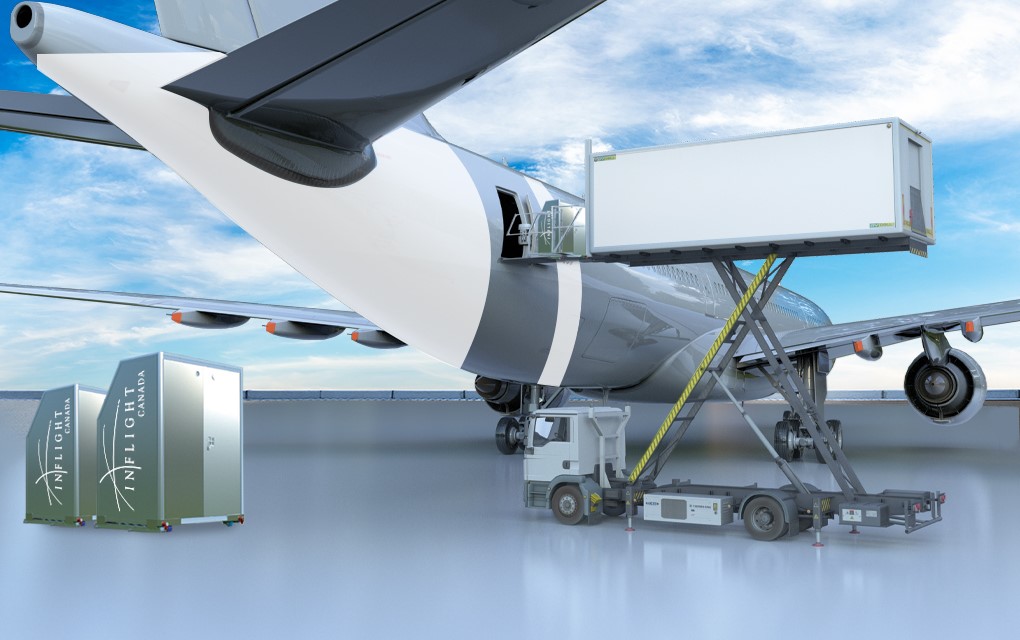Inflight Canada’s “Reversible” P2F Cargo System Moves Closer to STC
Share

Integration solutions veteran Inflight Canada has announced that its P2F Cargo System has reached an important milestone on its way to becoming certified.
Inflight Canada has reported that the European Aviation Safety Agency (EASA) has agreed to a certification plan for the company’s “reversible” P2F (passenger-to-freighter) Cargo System, marking another step towards the product gaining a supplemental type certificate (STC).
EASA has also issued a Letter of Involvement, which triggers a cargo module testing sequence. Inflight Canada is planning to install its first P2F Cargo System on an Airbus A340-600 aircraft in February 2022. Soon afterwards, it hopes to begin modifying Airbus A330s and Boeing 777s.
Inflight Canada partnered with Safran to manufacture the cargo modules using the latter’s proprietary fire resistant material. Netherlands-based Fokker Techniek provided the EASA Design Organisation Approval.
“With this new and unique “reversible” P2F Cargo System design from Inflight Canada, airlines will no longer have to rely on the existing Emergency Exemptions issued by the Airworthiness Authorities allowing them to carry hand-strapped cargo in the passenger cabins,” said Inflight Canada’s general manager, George Smallhorn.
“Carriers can now use excess capacity to carry cargo for as long as they need without the multi-million-dollar investments and long lead times required to convert passenger aircraft into traditional freighter aircraft,” he continued. “Our “reversible” P2F Cargo System also provides passenger airlines the opportunity to generate the same revenues as a true freighter with the speed, flexibility, and cost-effectiveness of a temporary freighter conversion.”


